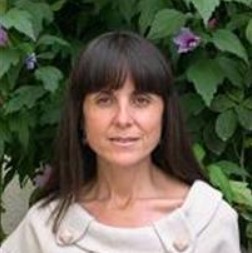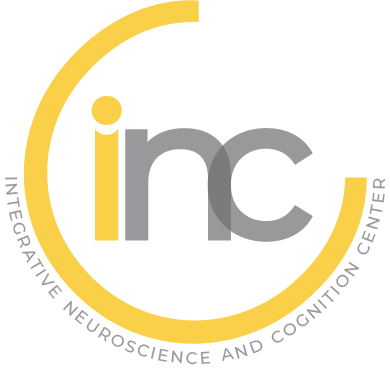Speaker
-
 Pr. Agnès GRUART
Professor at Division of Neurosciences, Pablo de Olavide University, Seville, Spain
Pr. Agnès GRUART
Professor at Division of Neurosciences, Pablo de Olavide University, Seville, Spain
 Pr. Agnès GRUARTProfessor at Division of Neurosciences, Pablo de Olavide University, Seville, Spain
Pr. Agnès GRUARTProfessor at Division of Neurosciences, Pablo de Olavide University, Seville, Spain
Functional circuits involved in motor learning
The complexity of brain functions can only be approached by a multidisciplinary and comparative approach. The availability of genetically manipulated mammals (mice and rats) and of sophisticated electrophysiological techniques, susceptible of being applied in behaving animals during the acquisition of new motor abilities, have largely facilitated this approach. Our group has studied for years the contribution of sensory, motor, premotor, hippocampal, and prefrontal circuits to non-associative, pavlovian, and instrumental learning paradigms. For this, we have recorded activity dependent changes in strength in cortical and subcortical synapses during the respective acquisition process. Recently we have concentrated our attention to the contribution of prefrontal circuits to the acquisition and storage of instrumental learning tasks, including cooperative learning and decision making in mice and rats. The main hypothesis of our studies is that learning is the result of the activity of wide cortical and subcortical circuits activating functional properties of involved synaptic nodes. In particular, unitary firing, synaptic and local field potentials recorded in prefrontal sites are modified during the acquisition of the above-mentioned tasks. In addition, I will present recent evidences on the available information from our laboratory with respect to the use of these functional states for brain-machine interphase in behaving rats and for coordinated cooperation between pairs of rats aimed to achieve simultaneous rewards.
